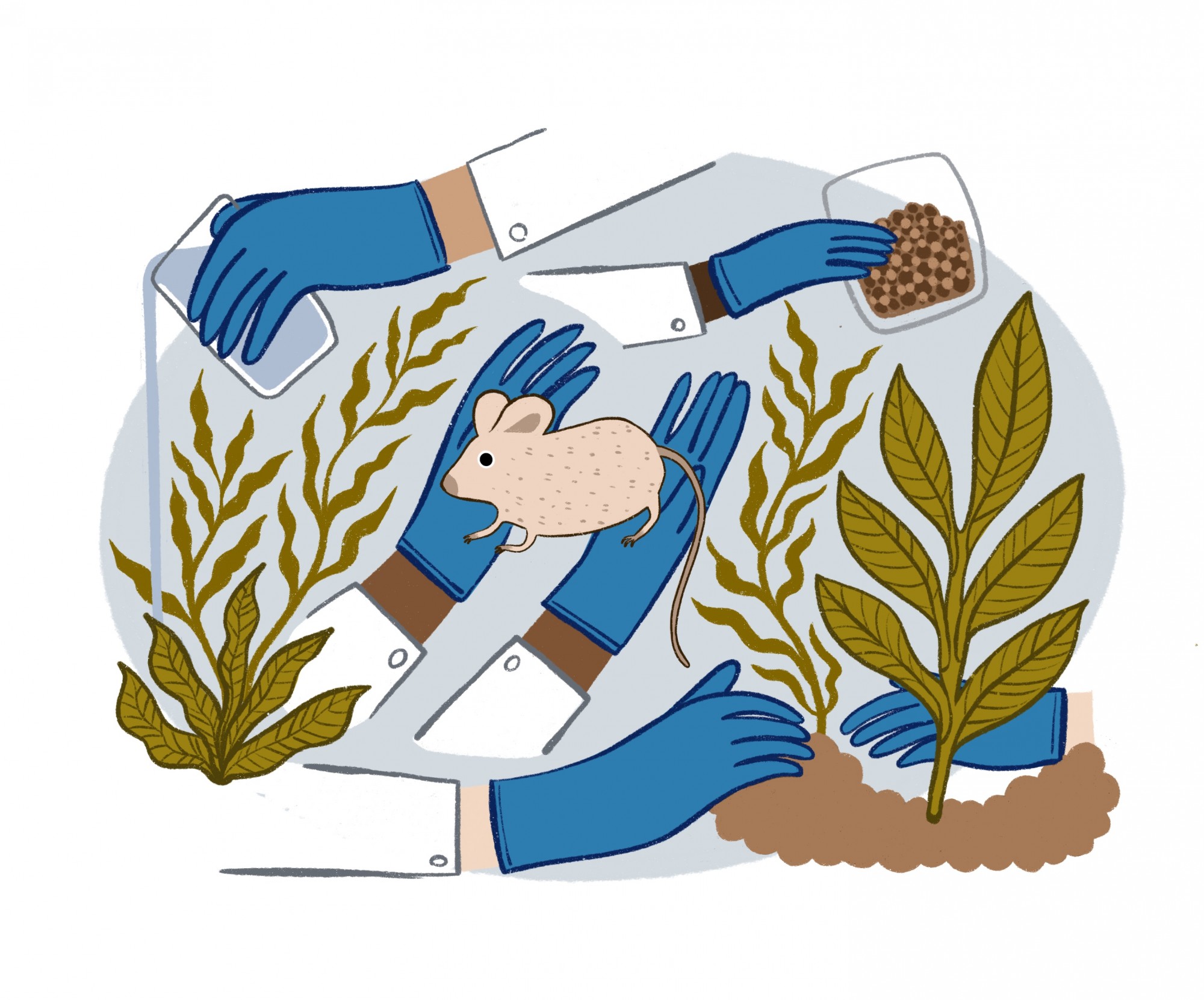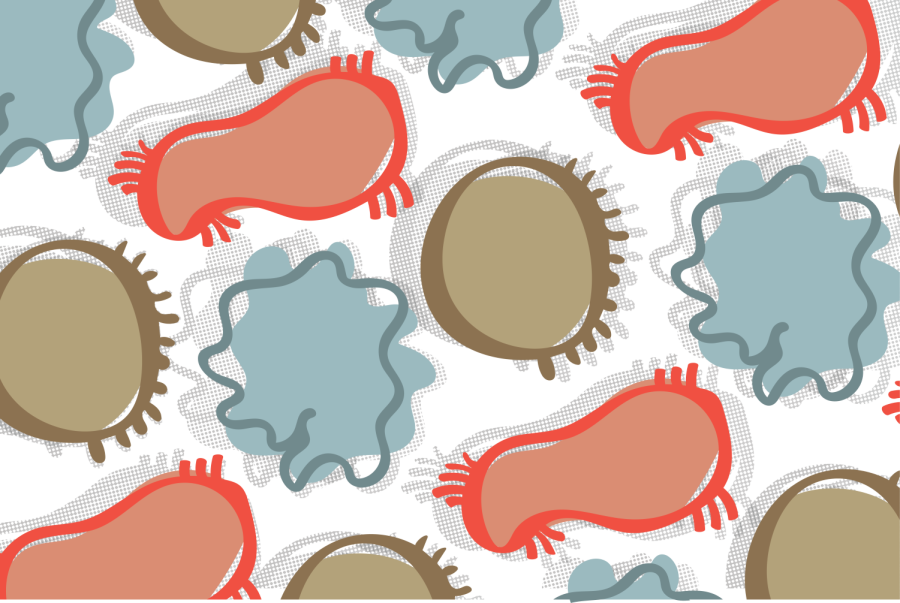As only essential COVID-19-related research continues at the University of Minnesota, many researchers have put their work on pause, leaving lab equipment, samples and animals on campus.
Researchers prepared their labs leading up to the University’s reduced campus operations, freezing samples and finishing assignments. Animal care was arranged before Gov. Tim Walz’s stay-at-home order went into effect late last month. Now, many are doing what they can from home and occasionally checking on lab equipment and samples while essential staff care for lab animals.
About 50 employees have been managing the lab animals on campus, the University’s Research Animal ResourcesDirector Lynn Impelluso said in an email to the Minnesota Daily.
Lab animal populations on campus have decreased as researchers completed experiments without starting new ones, Impelluso said.
Though ultimately it was not needed, Research Animal Resources made plans to house staff on campus in case they were not able to travel between home and campus under Walz’s order.
They have also stocked up on feed and other supplies in case the delivery chain for these items is impacted, she said in the email.
“We currently have everything we need to care for our research animals for the foreseeable future,” Impelluso wrote. “As always, RAR staff and researchers are dedicated to providing the highest quality care, and animal welfare is foremost in our minds.”
Other researchers are keeping worms and flies, as well as life forms like bacteria, frozen until they are able to return to work in the lab.
College of Biological Sciences assistant professor Aaron Engelhart’s lab works with fluorescent tags, or tools for visualizing cell processes. Fortunately, the materials used in his lab were easily stored, he said.
“Where it’s particularly hard and I think it’s impacting a lot of other labs is labs that do a lot of work with animals,” Engelhart said. “There’s some simple model organisms that you can freeze. Some you just can’t.”
“Dry labs,” or labs that do more computational work, have been able to continue some lab work from home, Engelhart explained. For “wet labs,” which are more hands-on, continuing work is not possible.
Professor Kate Adamala, who does research on synthetic cells in CBS, said some fragile bacteria in her lab do not freeze well and may not be recoverable when she returns to campus.
Adamala stops by every few days to check on the lab.
“I’m watering the plants in the lab and I’m keeping an eye on the cultures but … if you’re not actively growing those cultures, they don’t do well,” she said.
College of Food, Agricultural and Natural Resource Sciences associate professor Baraem Ismail said the impact of COVID-19 on lab materials will depend on when she is able to get back to work.
“If it’s going to be an extended period of time then things will expire eventually … that would potentially be more problematic,” she said. “But as of now everything is kind of stored in good condition for us to return, hopefully within the month or two.”














